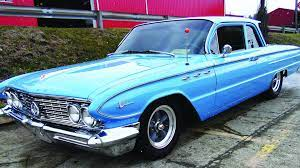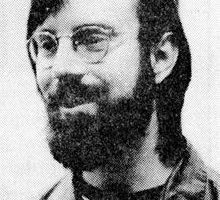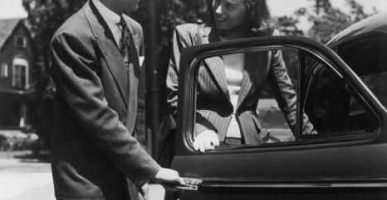My most memorable date was my first date with Garth (see Found), but my second most memorable date was my very first date ever. It was the first time I was allowed to go out with a boy, in a car, at night. His name was Rusty, and yes, he had red hair. He picked me up in his parents’ car, a long, yellow convertible, and of course he opened and closed the car door for me. As he pulled slowly away from the curb in front of the pink house I grew up in, it hit me…a wave of freedom.
///
RetroFlash – 100 Words
///
Here’s my actual diary entry:
Dear Diary, recently I have started dating, and it’s just wonderful, even better than I thought it would be. Even going out with a male friend is fun. I know that I will have many more dates, because there are so many more boys and so many more days, and things don’t all of a sudden just stop.
New Rule: You can add as many words as you want to a RetroFlash as an addendum. Just kidding…I made that up. But I couldn’t resist when I found that diary entry. Deep thoughts, right? Little did I know I would continue to date off and on up into my sixties…so many boys, and so many days indeed!





